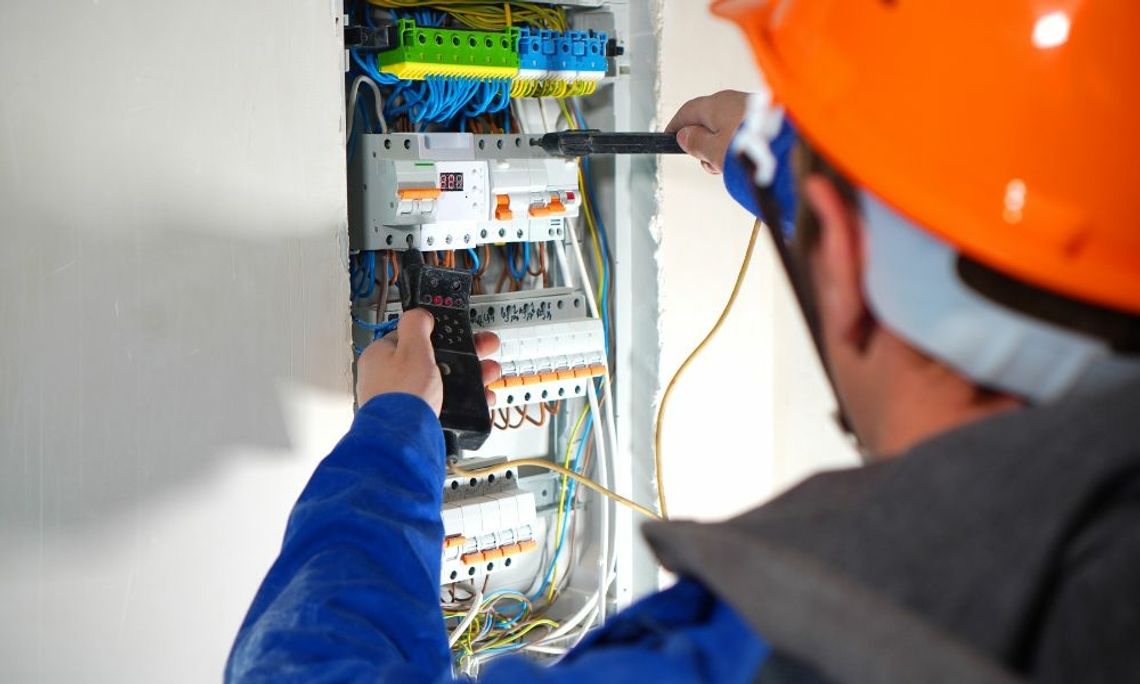Electronic systems often produce exorbitant amounts of energy, posing several hazards for you and your surrounding environment. These devices usually feature warnings indicating high amperes and voltage or wattage. But what exactly are these different terms? Read on to learn more about electrical safety by comparing watts, volts, and amps.
Amps/Amperes
Amps represent electricity in the form of a current, which measures electron flow speed (per second) from one point to another. Simply put, when electrons are accelerated, the strength of the current intensifies, producing more amps. While high-voltage warnings are often more prominent on machines, amps are significantly more hazardous to the human body. In fact, most fatalities caused by electrical shock are due to increased amps rather than volts.
Volts/Voltage
As you now know, intensified currents produce more amps. Voltage is the catalyst of this process—increased volts produce more power overall. Specifically, voltage is the measurement of force or “potential” on electrons. This potential causes electrical flow and, when significantly increased, is more likely to harm your body. High-voltage levels can penetrate your skin with high-amp currents and damage your internal organs and tissues.
Watts/Wattage
Voltage and amps measure the flow of electricity, while wattage determines the release of energy. As with these other electrical terms, a higher wattage equals more power overall. An easy example of these three measurements working together is in your microwave! High voltage and amps combine to produce high wattage, which, in turn, significantly accelerates cooking times. Similar to amps, high wattage is extremely harmful to vital organs and internal and external tissues.
You can practice better safety when interacting with electrical systems by comparing and understanding watts, volts, and amps. In the event of a harmful incident, it’s best to consult with professionals to determine fault and better protect everyone involved. In fact, accidents caused by system malfunctions and electrocutions are just one of many reasons to hire a forensic engineering consultant.


Comment
Comments